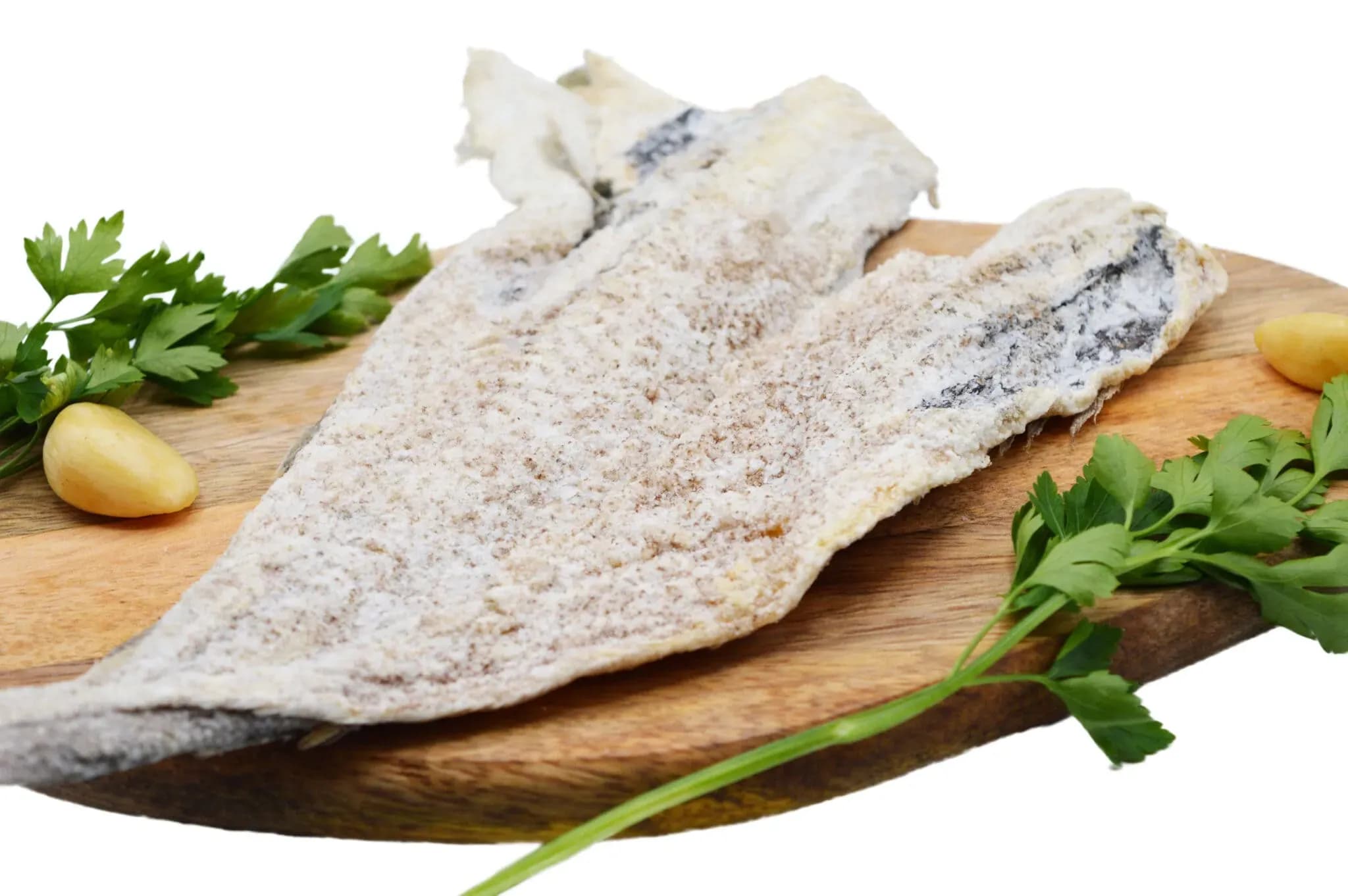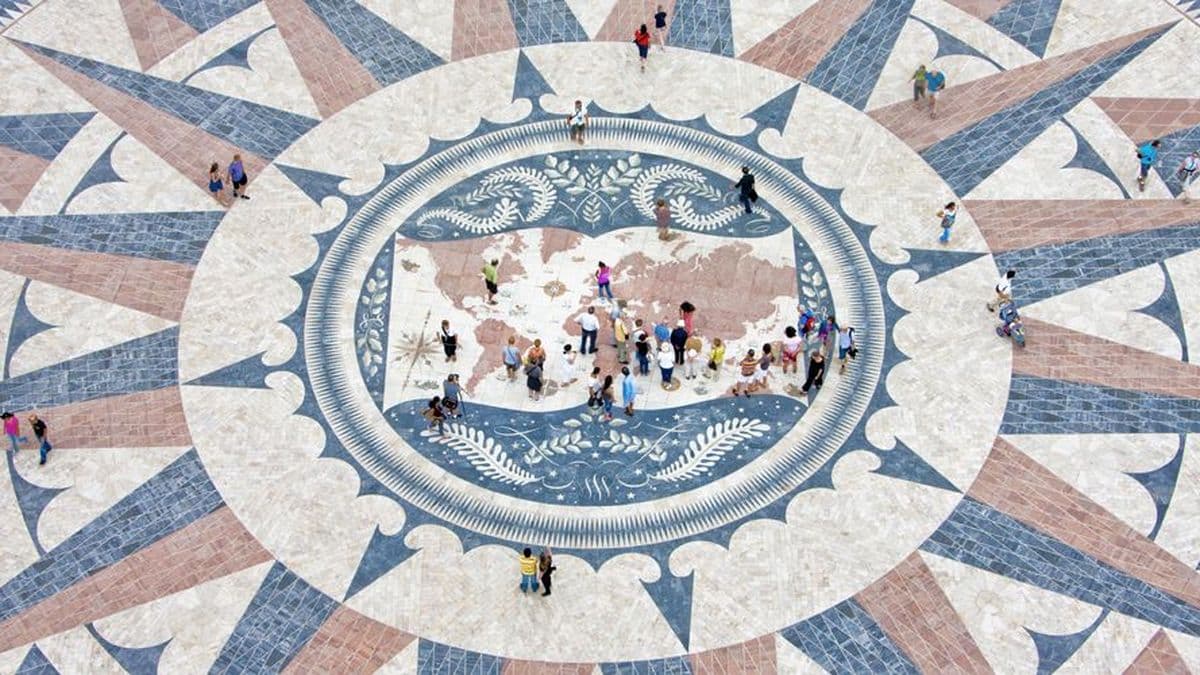
Ah, saudade… that word that drifts through the Portuguese air like a fado note, that slips into conversations without ever really being translated. If you live in Portugal, you’ve definitely heard it (maybe even felt it) without quite knowing how to explain it ! And if you haven’t yet, brace yourself : once you understand saudade, it never leaves you.
Because yes, saudade isn’t just a word. It’s a state of mind, sometimes hard to explain, a scent of nostalgia, an emotion that feels like it was invented for rainy days and distant loves. And above all, it’s probably the most famous “untranslatable” word in the world. But how did this so very Portuguese expression become a global phenomenon ?
An emotion, the Portuguese way
Let’s start at the beginning : saudade is that blend of melancholy, longing, love, and tenderness that squeezes your heart, but doesn’t break it. It’s a bit like sadness… but with sunshine in it (yes, I know, that sounds complicated). The Portuguese often say that you can’t truly understand saudade unless you’re Portuguese. And in a way, they’re right : it’s deeply rooted in their history, their music, their way of loving.
The word comes from the Latin solitas, meaning solitude. But in Portuguese, it took on a poetic, almost musical twist. You can feel saudade for a person, a place, a time, even for something you’ve never experienced. Yes, it’s subtle. Yes, it’s beautiful. And yes, it’s deeply Portuguese. (You’ve probably even heard some Luso-descendants say they feel “saudade of Portugal”, some even have it tattooed, just to show how deep that feeling runs !)
From caravels to fado, a long voyage
Saudade is said to have taken root during the Age of Discoveries. Imagine it : sailors leaving the ports of Lisbon for months, or years, leaving behind families, lovers, and home. On the docks, people were already singing this sweet sorrow, this impossible longing. The women waited, the men dreamed of returning, and the whole country learned to live with that emotion suspended between absence and hope.
Centuries later, that same melancholy found its voice in fado, the music of the Portuguese soul. Listen to Amália Rodrigues sing “Estranha forma de vida”, and you’ll understand. Even if you don’t speak a single word of Portuguese, you’ll feel that familiar ache in your chest. That’s saudade.
Untranslatable… yet universal
What makes saudade so fascinating is that no other language translates it perfectly. The English have longing or yearning. The French say “nostalgie” or “manque.” The Germans use Sehnsucht. But none of these words carry the same warmth, restraint, or quiet intensity.
It’s a word that escapes the dictionary and slips into emotion. It doesn’t just belong to language, but to culture, to music, to a way of living. And perhaps that’s why it fascinates so many : because it names something everyone feels but only the Portuguese managed to name.
Saudade, exported (and adopted)
The entire world has fallen in love with saudade. First through fado, then through literature (thank you, Fernando Pessoa and José Saramago), and more recently through film, music, and even advertising ! Today, the word pops up in Brazilian songs, Spanish poems, and even on Instagram captions like “Feeling saudade tonight.”
Yes, saudade has traveled, like the sailors of old, and settled wherever people love, dream, or lose.
In Brazil, it’s taken on softer, more sensual hues. In bossa nova, it becomes light, almost smiling, like in João Gilberto’s Chega de Saudade. It’s the same emotion… just wearing shorts and sandals.
A word that defines a people
Saudade is also a mirror of Portugal itself : a country facing the sea, always somewhere between here and elsewhere, between past and present. The Portuguese have learned to live with longing, to turn it into something beautiful, almost noble. You can see that philosophy in the way they are : gentle, nostalgic, often reserved, yet profoundly deep.
Saudade proves that one can be sad without despair, melancholic without tragedy. Some linguists even say the word is untranslatable because it describes a collective emotion. It’s not just a feeling, it’s emotional heritage.
And why such success ?
Because deep down, in a world where everything moves too fast, saudade speaks to us. It reminds us of the right to slow down, to feel, to miss someone or something. It gives beauty to what’s lost, and light to what’s missing. It’s the word for gentleness after the storm, for love after absence.
And let’s be honest : there’s something irresistibly charming about a word that can’t be translated. It’s like a secret, a magic formula reserved for those who’ve already lived it.
The word everyone envies the Portuguese
Today, saudade is studied by linguists, quoted in novels, tattooed on wrists, and printed on T-shirts. It’s become a kind of emotional trademark of Portugal. And perhaps that’s the most beautiful tribute a nation can receive : having invented a word to name what everyone feels, but no one else managed to express.
So, next time you listen to a fado, or think about a moment you wish you could live again, don’t search for words. You’ve found it : it’s saudade. And maybe, just maybe, it’s untranslatable simply because it doesn’t need to be. It’s something you live… not explain.
Share this article
Suggested articles

Why do Portuguese cafés always serve such tiny espressos?
In Portugal, you don’t order “a coffee” — you ask for “uma bica”. This tiny word represents a national institution: a strong, aromatic espresso served in a small porcelain cup. For outsiders, it might look almost symbolic, but in Portugal, it’s not about size. It’s about rhythm and culture.

Cristiano Ronaldo doesn’t just have a museum… he also has an airport named after him!
Yes, he never ceases to amaze us, that Cristiano! The beloved child of Madeira doesn’t just have a collection of Ballon d’Ors or a line of underwear (yes, the one with the 4K abs on giant billboards—don’t pretend you haven’t seen it!). He also has… an airport named after him. That’s right! Because in Portugal, when people love, they don’t hold back—especially when it comes to CR7.

Why Do the Portuguese Love Cod So Much When It Doesn’t Live in Their Seas?
Portugal is a country turned toward the sea. Its coastline stretches for more than 800 kilometers, and yet the most emblematic fish of its cuisine, bacalhau (salted and dried cod), does not live in Portuguese waters. A curiosity that intrigues travelers and fascinates food lovers alike.

Why Do the Portuguese Love Cod So Much if It Doesn’t Live in Their Waters?
It is one of Portugal’s greatest culinary paradoxes: a country proud of having one of the largest maritime zones in Europe, with kilometers of Atlantic coastline and ancient fishing traditions, has made its national fish one that doesn’t even swim in its waters. Cod is absent from the Portuguese sea, yet omnipresent in the nation’s culture, gastronomy, and collective imagination.

The mystery of mosaic pavements, a Portuguese invention copied around the world
Ah… those Portuguese sidewalks! You know, the ones that make you walk with your head down in Lisbon or Porto, not because you’re lost in thought, but because they’re just so beautiful (and, let’s be honest, a bit dangerous if you’re wearing heels !). Those little black-and-white stones, sometimes arranged in spirals, sometimes in waves, and sometimes so slippery they deserve a warning sign that says, “Caution: hazardous masterpiece.” Yes, you know exactly what I’m talking about the calçada portuguesa, or Portuguese mosaic pavement.


